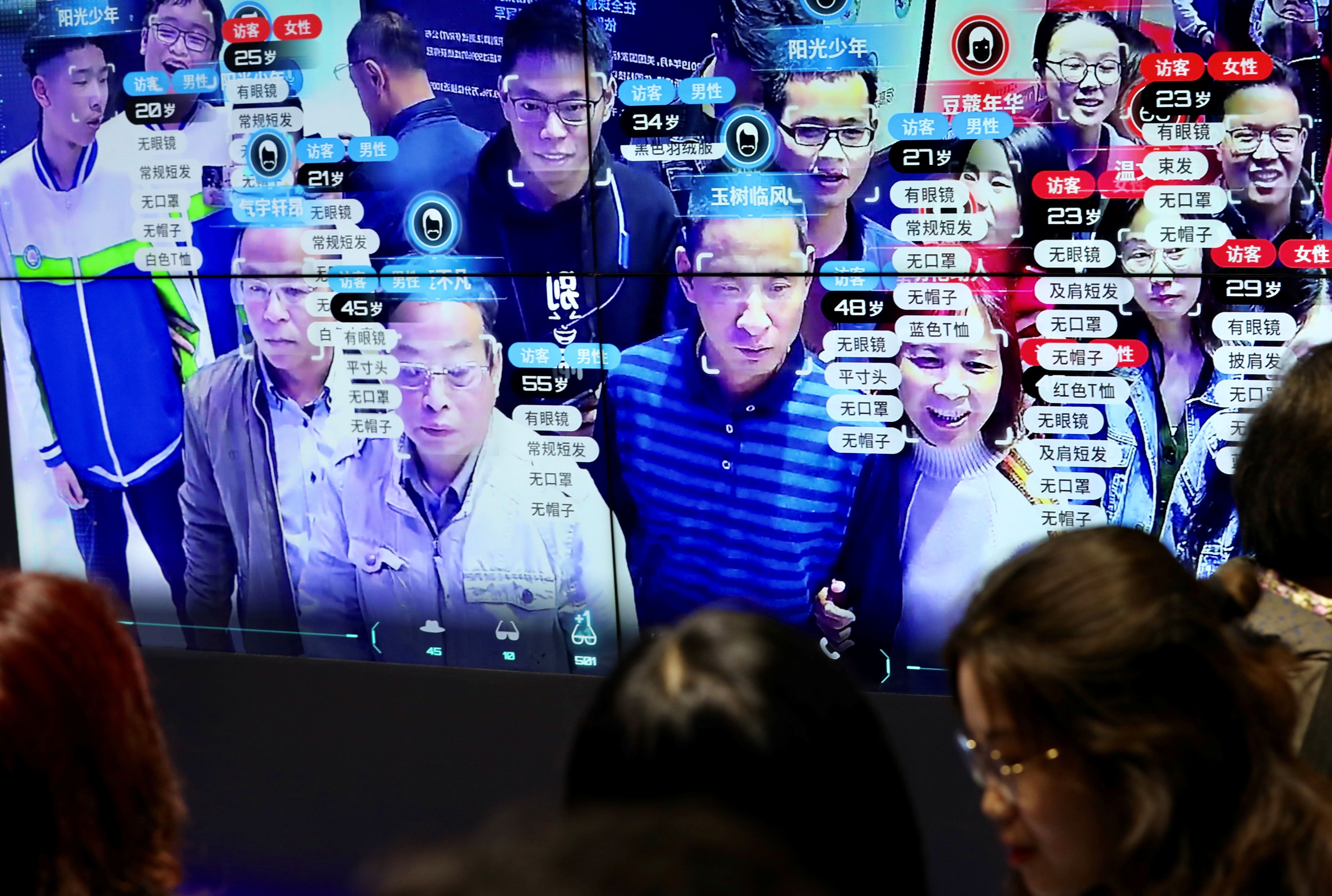August 27, 2019
A disruptive new technology appears. People freak out. A political backlash ensues. It's a pattern that's shaped the evolution of technologies from the printing press, to radio, to gene-modified foods, to social media. Next up: facial recognition, which uses AI to teach computers to recognize human faces. The backlash has been accelerating in recent weeks:
In the US, Bernie Sanders last weekend became the first 2020 presidential candidate to call for an outright ban on facial recognition software in policing. A handful of US cities have already blocked its use.
In Europe, policymakers in Brussels are weighing regulations to curtail "indiscriminate use" of the technology by companies and governments, while a UK parliamentary committee last month called for a moratorium. Just yesterday, Sweden's data protection authority issued its first-ever fine against a school that used facial recognition to track student attendance.
Then there's Hong Kong, where many protesters have donned face masks to prevent the authorities from using their faces to ID them. Over the weekend, they went even further, using electric saws to topple government-erected "smart lampposts" amid fears they could be used to spy on crowds. The government said in June it doesn't use automated facial recognition in the territory's thousands of surveillance cameras. The people aren't taking any chances.
Like all good technology backlashes, this one pits the concerns of individuals against the prerogatives of companies and governments. For consumers, facial recognition promises a measure of convenience – using a scan of your face to unlock your phone, or to check whether your flight to Shanghai is on time. In a few years, you might be able to ditch your wallet and just pay with everything using your face. For companies, the technology promises big profits, both from selling it – just this week, a Chinese facial recognition startup called Megvii filed for an IPO that could value the business at up to $1 billion – and from using the information gleaned to sell people more stuff. And for governments, it can help foil crime and terrorism by making it easier to detect and track bad guys (or truants!).
But while all of that is true, facial recognition can also be used for more sinister purposes - just ask the Uighurs in Xinjiang in Western China, whose movements are routinely tracked by surveillance cameras using facial recognition as part of a broader political and security crackdown there. Even in less repressive circumstances, facial recognition can also create risks for innocent people who are misidentified. The question is: who gets access to your face and under what rules? And should there be spaces where this technology just isn't allowed?
The backlash will probably only be partly successful. A few countries may try to ban facial recognition completely. Others will ban certain government applications, while permitting commercial uses. This too will require regulation: why would you trust a private company with your face? Other countries will more enthusiastically embrace it as a way of exercising greater control over their populations or providing better security.
Dystopian chaser: If you're worried about facial recognition, you'll love "gait recognition," which can ID you based on how you walk, even if it can't see your face. Companies are also working on "emotion detection" AI that guesses how you're feeling – or whether you're lying – based on pupil dilation and other physical cues.
More For You
- YouTube
Is China’s economic model reaching a breaking point? In GZERO’s 2026 Top Risks livestream, Cliff Kupchan, Chairman of Global Macro at Eurasia Group, highlights mounting pressures on the Chinese economy.
Most Popular
2026 is a tipping point year. The biggest source of global instability won’t be China, Russia, Iran, or the ~60 conflicts burning across the planet – the most since World War II. It will be the United States.
While surgeons remain fully in control, technological advances are expanding the use of surgical robots in operating rooms. As adoption accelerates, so do the expectations for patient outcomes and surgical care. Track medical innovation trends with Bank of America Institute.
- YouTube
Europe enters 2026 under mounting strain as it confronts external threats, internal political pressures, and a weakening relationship with the United States. In GZERO’s 2026 Top Risks livestream, Mujtaba Rahman, Managing Director for Europe at Eurasia Group, describes a continent that is “exhausted, fatigued, weak, and vulnerable.”
© 2025 GZERO Media. All Rights Reserved | A Eurasia Group media company.
